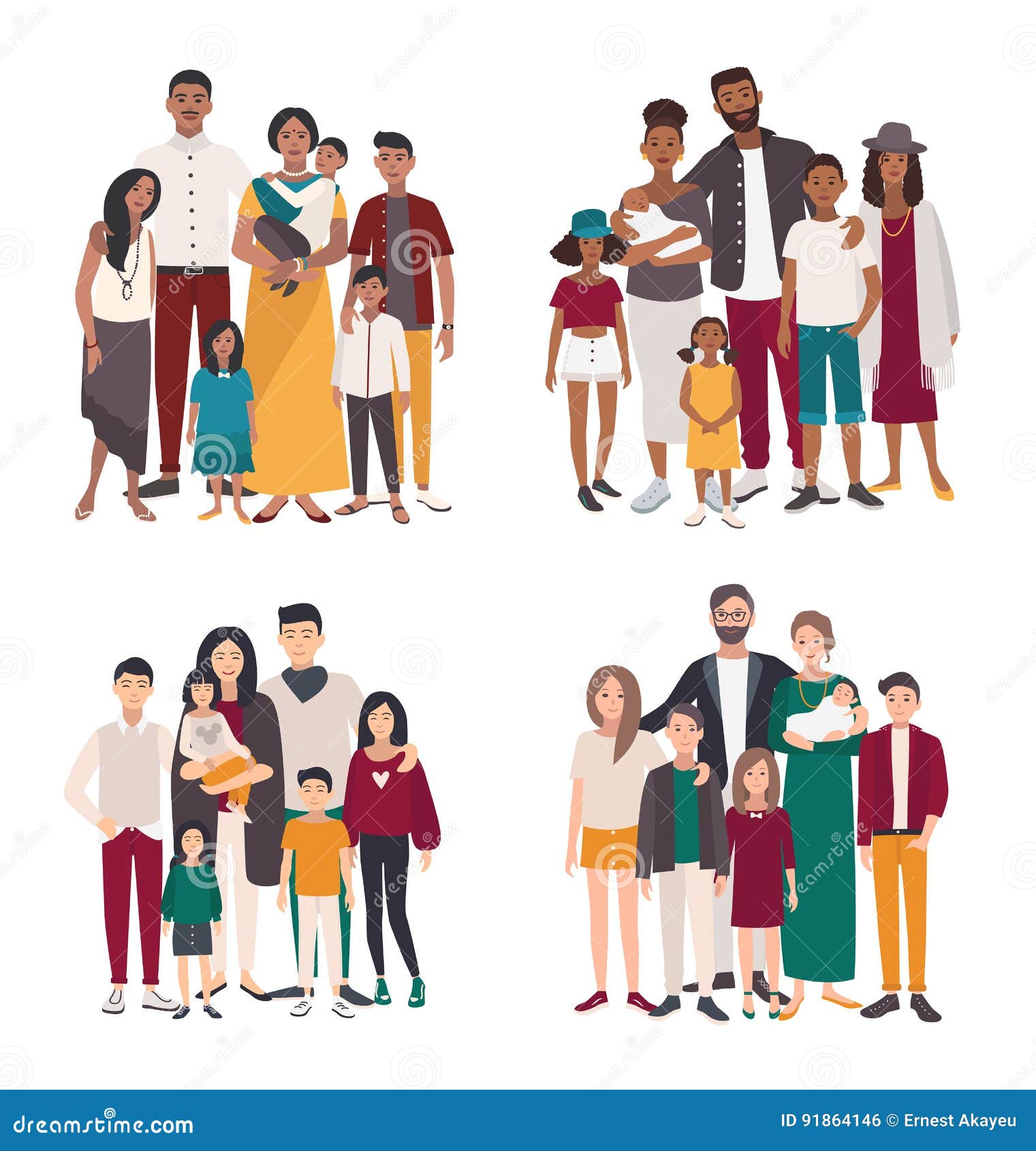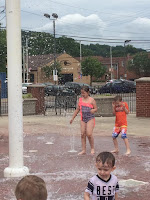Why are relationships important? God created Adam and saw that it was not good for him to be alone and create Eve,( Genesis 2:18, paraphrased ). God created us to be social beings and to need each other to survive.
The most important relationship and partnership that I have is the one with my husband Tim. As many know, marriage is complicated and it takes both of us working together to make it work. How is this relationship positive and how do we maintain it? We make sure that we spend time everyday with each other talking about our day. We have date night once a month without the kids. We pray with and for each other. We discuss our hopes, dreams, and future together. We plan how we will spend our money together and make it a point to be open and honest with each other, which is difficult at times, but worth it. We trust and love each other, which is the most important for a marriage to work.

My four children; Kassie, Evie, Ryley, and Nathaniel. This relationship isn't always positive, but I do the best I can. I hope that I am teaching them how to be good, decent, kind, and compassionate people. What goes into making this relationship work? Them listening to me, which doesn't always happen. They trust me to take care of and provide for them. I love them unconditionally and it teaches me how God loves us.
My best friend and fellow Autism mom, Maria. We were roommates in college and quickly became friends. What makes this relationship positive and how do we maintain it? We celebrate with each other, vent to each other, and cry with each other. We try to have a girls night once a month, but unfortunately it doesn't always happen. We often talk on the phone late at night while hiding in a closet so we don't wake up kids and husband. We keep each other sane in this crazy, busy life.
Troop #8706 keeps me busy, busy. How is this a positive relationship and how do we maintain it? This troop loves to volunteer. In this picture they are volunteering to serve dinner on a Friday night at a local community center. They teach me so much about life, to be thankful, and to be myself. In girl scouts we learn how to be good citizens, a friend, and leader. We trust that we each will do our part to make our the troop the best it can be and to be a positive influence in our community.
I have learned over time that for any relationship to last you must trust each other. Lies is the fastest way to kill any relationship.
There are three characteristics that make a relationship a partnership. They are trust, mutual respect, and love.
How does my relationships affect me as an early childhood teacher? My kids teach me patience and unconditional love, my best friend has taught me to laugh, my husband has taught be how to be a helper, and my girl scouts has taught me how to be leader. All of these are important in the early childhood field.
Walden University M.S. in
Early Childhood Studies
Criteria for Blog Assignments
|
Quality
of Work Submitted
|
Exemplary
Work reflects graduate-level critical, analytical thinking.
(2 points for initial post; 1 point for each comment)
|
Satisfactory
Work reflects
some minimal effort.
(0-2 points for post;
0-1 point for each comment)
|
Unsatisfactory
Work
reflects no effort.
(No blog post shown; no
comments given)
|
|
Adherence to Assignment Expectations
The
extent to which work meets the assigned criteria.
|
Assignment meets expectations
All key components are included
|
Assignment
is close to the expectation.
Some
key components are included.
|
Does
not fulfill the expectations of the assignment.
Key
components are not included.
|
|
Final
Assignment Grade
|
4/4
points
|
1-3/4
|
0/4
|


























